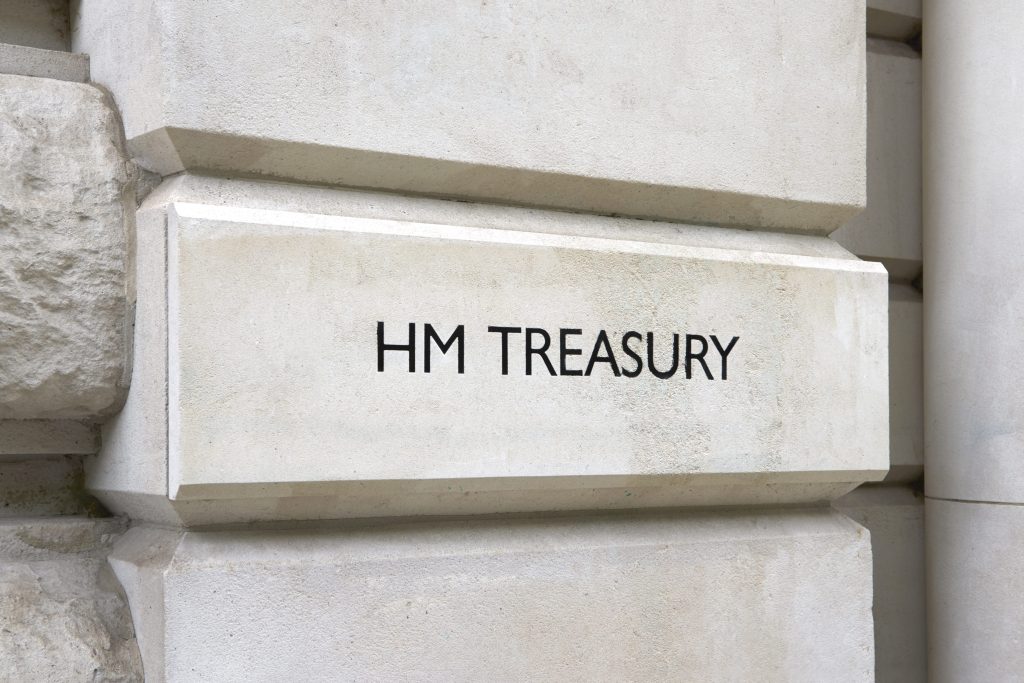The consultation launching today aims to protect consumers and ensure they can recover lost funds.
Discussions will center on key issues including decentralized finance (DeFi), sustainability, prudential requirements, data reporting, consumer protection, location policy, and operational resilience.
The Treasury said recent failures have exposed the structural vulnerability of some business models in the sector, a reference to the collapse of exchange FTX last year, among others.
Proposals are centred around a number of important cryptoasset exchange, custody, and lending activities, which the government is intending to bring into the regulatory perimeter for financial services.
“We remain steadfast in our commitment to grow the economy and enable technological change and innovation.”
Andrew Griffith, Economic Secretary to the UK Treasury
“We remain steadfast in our commitment to grow the economy and enable technological change and innovation – and this includes cryptoasset technology,” said Andrew Griffith, Economic Secretary to the Treasury. “But we must also protect consumers who are embracing this new technology – ensuring robust, transparent, and fair standards.”
The proposals will also strengthen the rules around financial intermediaries and custodians – which have responsibility for facilitating transactions and safely storing customer assets.
The move seems to backtrack on last year’s pledge to make the UK and “crypto hub”.
Ambitious plans
“In April 2022, the then Economic Secretary, John Glen MP, set out ambitious plans for the UK to become a global hub for cryptoasset technology,” the Treasury said. “Today’s announcement delivers against these plans, positioning the UK as a safe jurisdiction for cryptoasset activity to take place, fostering innovation and providing firms clarity over the planned regulatory framework.”
Wallet providers and other entities providing stablecoin activities for payments in the UK must be authorised by the FCA and would, if deemed systemic, also be subject to Bank of England supervision.
Greater flexibility to maintain the UK’s regulatory regime will also be supported by the introduction of the Future Regulatory Framework, which will make it easier to adjust retained EU law and give the ability to regulators to set regulatory rules instead of relying on prescriptive, inflexible legislation. This will extend to the FCA’s regulatory framework for payments services and e-money.













